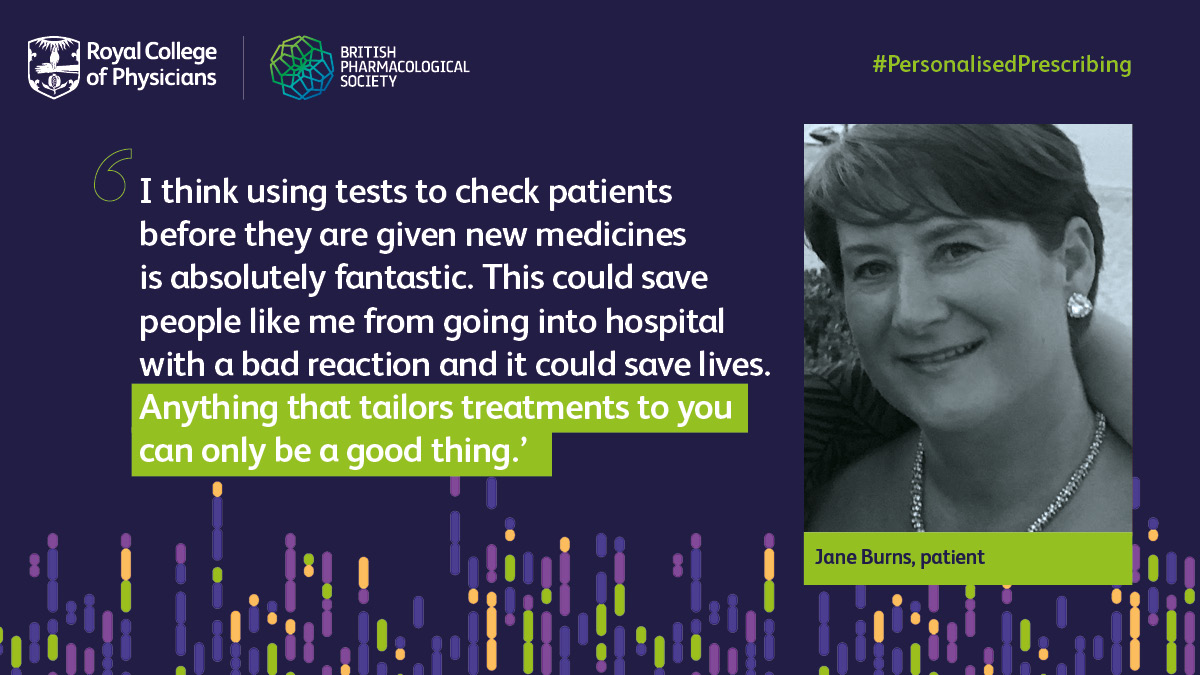
Jane Burns, who is aged 50, lives in Liverpool with her husband and 15-year-old son. When she was 11 years old, Jane was diagnosed with epilepsy. At the age of 19, she saw a new consultant who told her that she should change her medication now she was of child-bearing age.
Jane took the new medicine, called carbamazepine, for two weeks and then she started to feel run-down. She also noticed a rash, similar to a heat rash, on her body. She went to her GP who thought it could be a reaction to a new washing powder.
Jane returned home and still feeling unwell, told her mum and dad she was going to bed to rest. When her parents came home later that day, they found that Jane had a high fever and was hallucinating. They called the doctor who said she needed to get to hospital urgently. Her parents rushed her to the Liverpool Royal Infirmary.
Jane remembers very little of the three weeks she spent in hospital, but she knows that her skin began to blister, and she eventually lost 65% of the skin on her body.
Her medical team, including Professor Peter Friedmann and Dr (now Professor) Munir Pirmohamed, diagnosed her with Stevens–Johnson syndrome (SJS). SJS is a rare but potentially fatal reaction that can be triggered by medicines including carbamazepine. In Jane’s case it progressed to toxic epidermal necrolysis (TEN), meaning over 30% of her skin was affected. It is now known that particular alterations in two genes, called HLA-A and HLA-B can make people vulnerable to SJS.
Jane’s carbamazepine medication was stopped, and she stayed in hospital until she recovered. Since then, Jane has been well, but she is careful to protect her skin and very cautious of new medicines.
She says:
I’m terrified of taking any new drugs, and with my son, I’ve never given him anything apart from Calpol, in case he has inherited the same problem.
I think using tests to check patients before they are given new medicines is absolutely fantastic. This could save people like me from going into hospital with a bad reaction and it could save lives. Anything that tailors treatments to you can only be a good thing.
For the sake a of a blood test, you could also be saving on the cost involved with people taking wrong medicine, like doctors’ time and hospital appointments. There are so many benefits to this testing.
Read the full report
Read our new story about the launch of the report